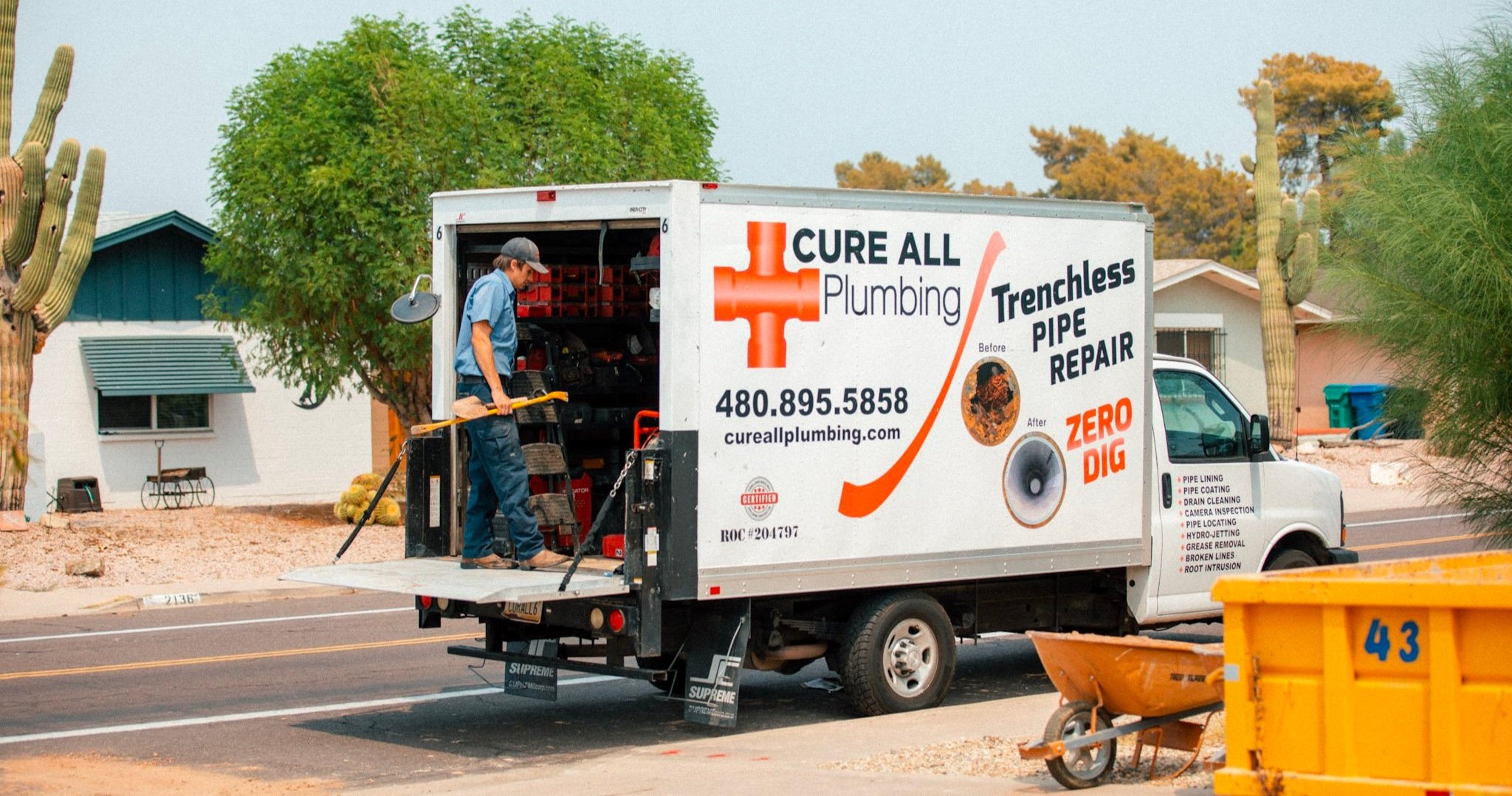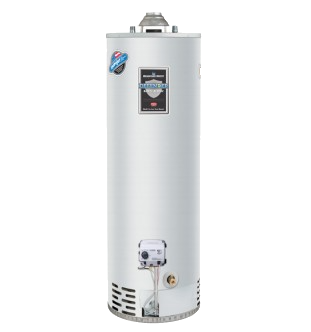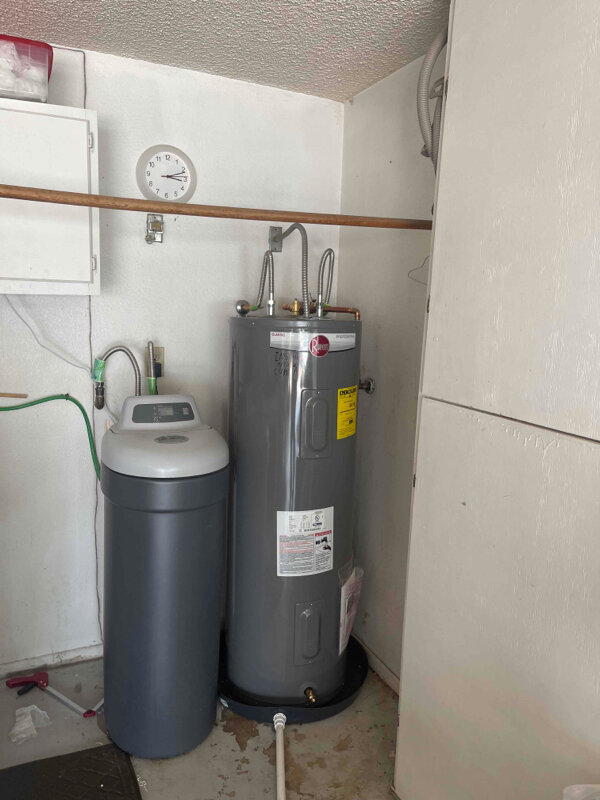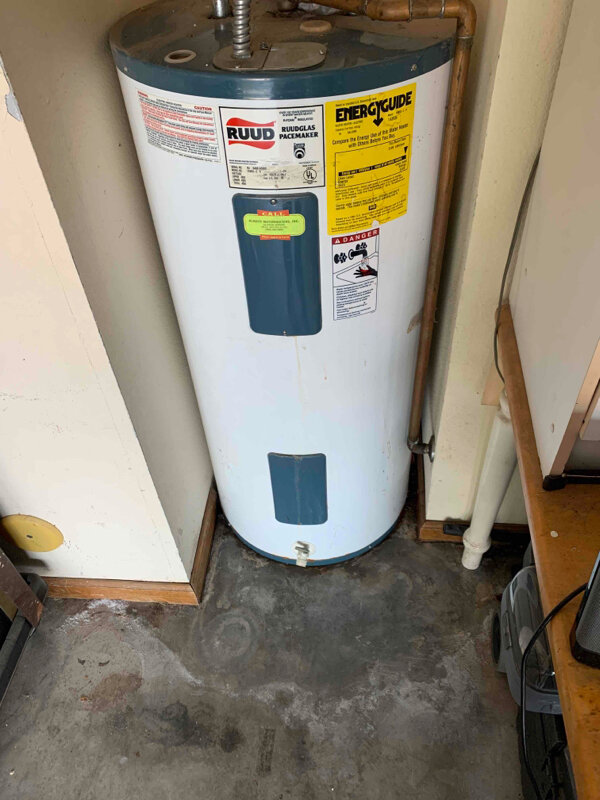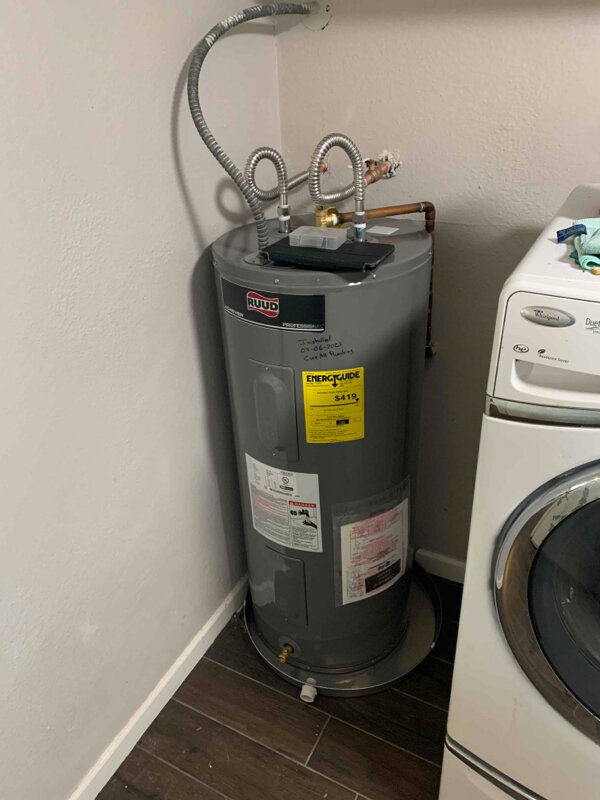Free quote
Wonder how much it will cost to install your dream water heating system?
What is a water heater?
To store hot water in your home, you’ll need a water heater tank. Traditional water heater tanks heat water with either gas or electricity.
Common Water Heater Problems
Water Temperature Problems
Cold showers are worse than lukewarm showers, but really, neither are pleasant. If your water isn’t heating up to “hot,” your water heater tank might be to blame. Overtime, heating elements can shorten out or wear out. Accidentally crossed connections can also prevent your tank from heating water. If you’ve ruled out what you can, but you’re still not sure what’s going on, give Cure All Plumbing a call!
Then, call Cure All Plumbing!
Discolored Water
If your hot water tap is spewing discolored water, a few different things might be going on. Call a plumber to inspect your anode rod. If that rod is in good shape, it might be the water quality pumped into your home. If your home’s water line pumps in hard water, this hard water potentially could collect in your hot water tank. Hard water can cause all sorts of discolorations or add sediment into your water. To prevent hard water from ruining your tank and potentially your water, adding a filtration device or softener to your home’s water can help. You can also purchase small filters built for your hot water tank.
Leaking Water
A leaking water tank might seem like a minor inconvenience, but it can cause damage and add significant charges to your utility bill. As your tank leaks, it also simultaneously works to refill the tank with water, wasting water and your money. Leaking water also causes water damage to surrounding floors and walls, which can also add into repair expenses. If the tank has been leaking for a long time, it’s possible that the water has caused mildew and mold in the surrounding areas. Once you notice the leak, turn off the water to the tank and the power heating the heater (either gas or electric. Then, call Cure All Plumbing! Once on-site, we’ll determine the problem and fix it! Water heater leaks can stem from cracks, holes, or even just loose connections.
Different Types of Water Heaters
Gas heated Water Heater tanks
There are two industry leader ProSeries brands that are on the market that are great options for your home.
Bradford White or Rheem
• Includes: 6 year manufacturer's warranty, disposal of old unit, new shutoff valve, new supply lines, and a drain pan.
• Uniform Energy Factor (UEF) .64 (compared to tankless option .97)
Expansion tank not included, but required by code on closed system.
Tankless Water Heaters
If you’re limited on space or desire unlimited hot water, a tankless water heater might be for you! They’re more expensive than traditional water heaters upfront, but cost less to run month-to-month. To learn more about tankless water heaters, check out our tankless water heater page.
Pros and Cons of Traditional Water Heaters
water heater tank Pros
Initial installments and tank purchases inexpensive
Repairs are cheaper and faster than tankless water heating systems
Cost-effective
Little maintenance needed
water heater tank Cons
Shorter lifespan than tankless water heating system
Depending on tank size, you can run out of hot water after a few showers/dish or clothes cycles
Comparatively higher utility bills compared to tankless systems
Large & bulky; can take up a lot of room
When and How to Service Your Water Heater
Traditional water heaters tend to not need a whole lot of maintenance. Routinely check it once every six months for hard water damage, any leaks, and any piping issues. With traditional water heaters, you’ll most likely only notice problems when they’ve become severe. Be sure to keep an eye on your unit and you should be just fine.
Cure All Plumbing Reviews
Frequently Asked Questions
+ Can Water Heater Tanks Explode?
Yes, unmonitored water heater tanks can pose a severe fire threat. It’s a good rule of thumb to get a new water heating tank every 10 to 12 years. You should also routinely check your water tank for signs of wear; both on the tank and the surrounding areas like the anode rod and pressure valve. If you’re noticing brown water flowing from your pipes, it’s a great idea to get your water tank replaced too. Sediment that can cause brown water will build up in your tank, trapping oxygen and gas rigging it for a future explosion.
+ Why does it take so much time for my water to heat up?
Waiting a long time for your shower to warm up can become time consuming and wasteful. If you’re waiting for water to heat up, it’s usually because of the plumbing in your home. One great way to save more water and speed up the heating process is to get a water recirculation system. You can also install a tankless water heater at the point-of-use to cut down on water waste and that heating time.
+ What should I do if my water heater is leaking?
Consider this an emergency! Leaked water wrecks homes with damage and mold. Plus, it’ll steeply increase your utility bill. Turn off the cold water leading to your hot water tank and the heating element (either gas or electric) and call Cure All Plumbing! We’ll help you find the leak’s cause and repair it.
+ My water heater is making noise, is this normal?
Water with plenty of minerals and metals is called hard water. Without filtering out these minerals, they’ll build up in the tank leading to corrosion problems and noise. When water bubbles become trapped under the sediment, you’ll hear a knocking noise coming from your water heater as the bubbles break loose. While the noise itself is nothing to worry about, the corrosion caused by hard water can eventually break down the walls of your heater.
Contact Cure All Plumbing
Ready for a more reliable water heating system? Cure All Plumbing can help you find the water heater of your dreams and install it. Regain some closet space today from that tank and call Cure All Plumbing!

